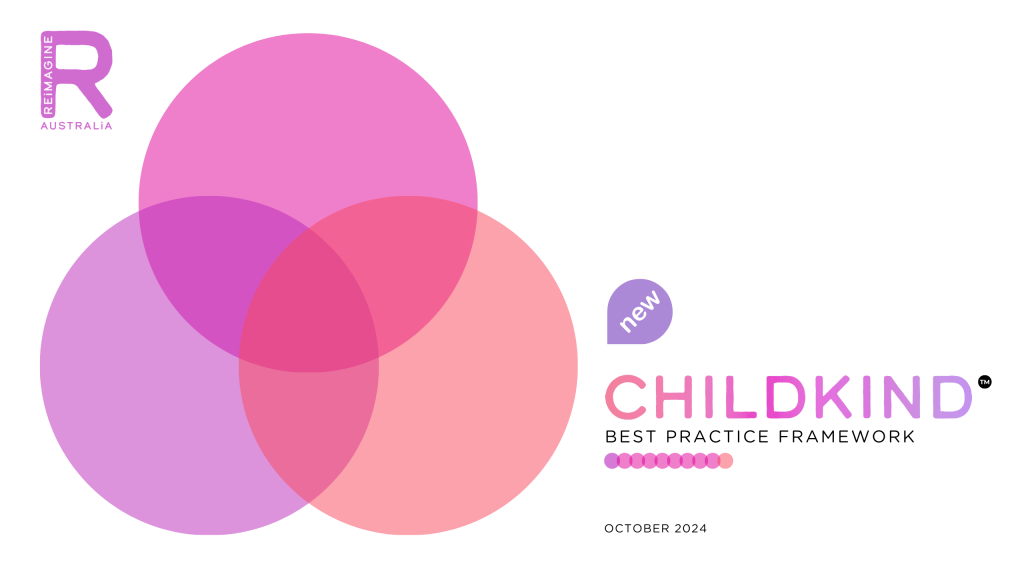CHILDKIND VALUE AND BEHAVIOUR 4
“I will assist others in need without expecting any rewards.”
Practicing altruism means helping others selflessly, without expecting any reward or recognition in return. In early childhood practice, this involves creating a community where children and families experience kindness, generosity, and genuine care. Practitioners who embody altruism place the needs of children and families above their own, fostering a strong sense of support and well-being. This behaviour is particularly important in working with children with disabilities or developmental delays, as it encourages practitioners to go beyond their immediate duties to ensure the child and family’s needs are met in a caring and supportive environment. Altruistic actions promote trust, collaboration, and a sense of belonging, all of which are essential for children’s healthy development.
Altruism is a core element in creating supportive communities, especially in early childhood settings. Australian studies on pro-social behaviour by Edwards (2014) highlight how children learn by observing altruistic actions from caregivers, helping them develop empathy and cooperation. Altruistic behaviour from practitioners encourages children to feel safe, valued, and supported. In early childhood education, the practice of altruism is not only beneficial for children but also for families who may be navigating the challenges of caring for a child with a disability.
Research from the University of Melbourne (2020) shows that altruistic behaviours in practitioners contribute to stronger relationships with families and more effective support systems. The Reimagine Australia Code of Ethics reinforces the importance of altruism, particularly in Principle 1.4, which emphasises the value of selfless care for the holistic well-being of children and their families.
BEST PRACTICE PRINCIPLES, CHILDKIND WAYS OF WORKING AND KEY COMPETENCIES
This value or behaviour supports the Best Practices below:
This value or behaviour supports the Ways of Working below:
The value or behaviour suports the Key Competencies below:
Reflection questions are a valuable tool for practitioners, promoting self-awareness, critical thinking, continuous improvement, and stronger relationships in their work with children and families:
What steps do I take to foster a sense of altruism within my practice and my team?
How can I contribute to a culture of kindness and generosity in my early childhood setting?
How can I model altruistic behaviour for children, so they can develop pro-social skills?
Altruism in early childhood education is not just about helping others—it’s about creating a culture of care.
Louise Porter
Access more information on the ChildKind Best Practice Framework with its 10 Ways of Working, 30 Key Competencies and 8 supporting Values and Behaviours here:
